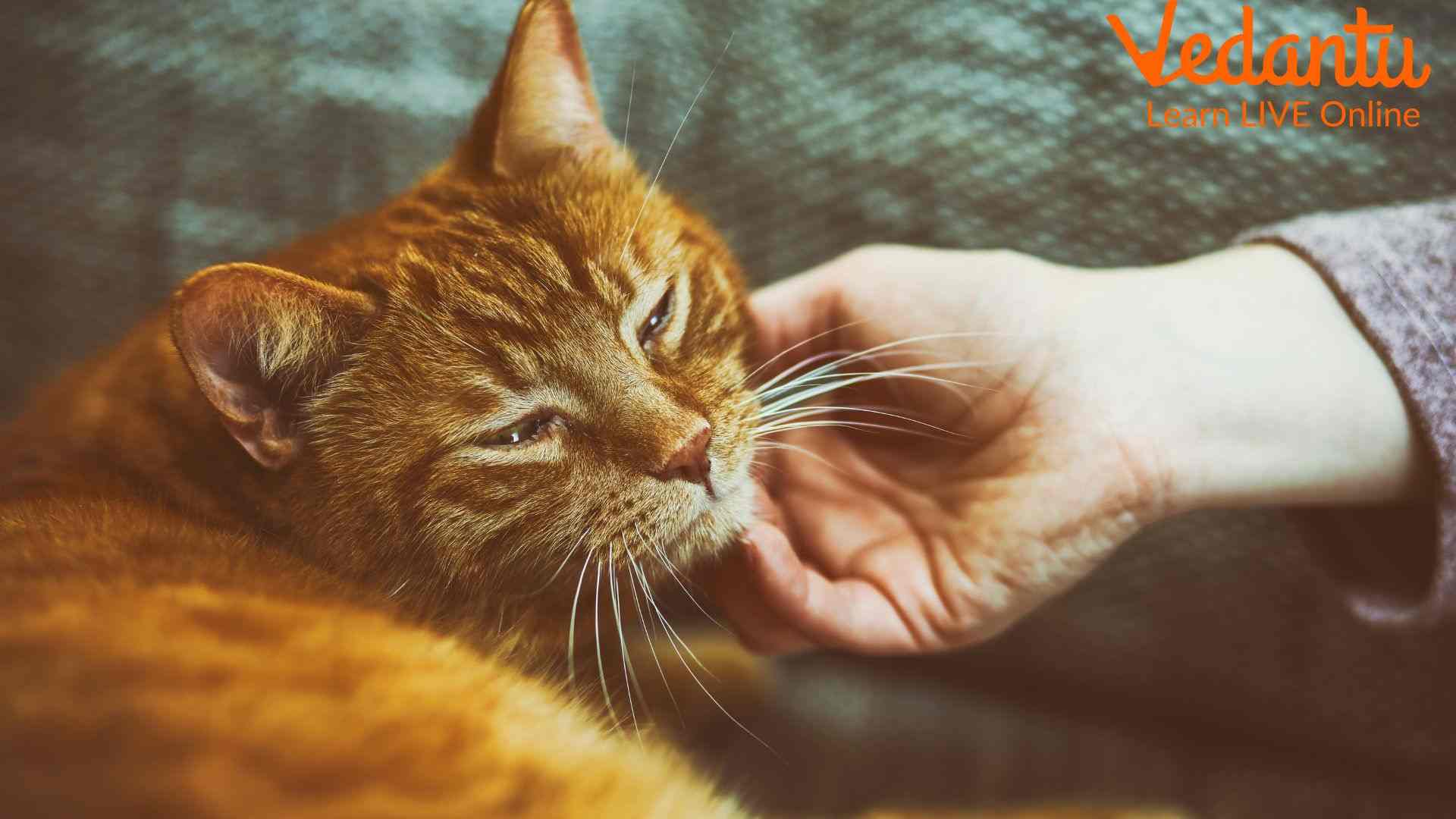The Purring Sound of a Cat: What Does It Mean?
Cats are one of the most common pets we see in the modern world. The history of cats being pets dates back to 12,000 years ago. Historical evidence shows the existence of cats as pets at the same age as the evolution of agriculture. Since then, we have had these furry animals beside us. Cat owners often wonder why cats purr. What is the reason behind these animals' purring? What do they actually mean?
Among the different types of sound of cat, purring is considered to be cute and intriguing. We are here looking for the reasons why these majestic animals purr. Well, research suggests that these vibrations are soothing for the cat and the owners. Let us find out.
How Cat Purring Sound is Made
Well, cats do make various kinds of sounds but purring is on another level. These cute sounds make us feel special. How do they do that? It is a complex zoological question that can literally start a brawl among zoologists.
It was thought that purring is the result of the flow of blood surging in the inferior vena cava of a cat’s heart. This blood surge occurs at the right side of a feline’s heart. However, a lack of evidence trashes this idea. Scientists were sure that this cat sound effect is caused by a different kind of vibration in the voice box or larynx of a cat.
It means that the vocal cords present in this voice box vibrate when air is gulped or inhaled and exhaled in a rhythmic way. The special vibration is done voluntarily by a cat. It results in the purring sound produced. We now know how it happens. Now, another question arises here. Why do cats purr? Let us find out.
What Does It Mean When a Cat is Purring?
This is a question that can be a good point for debate among feline researchers. We exactly don’t know why these animals purr. While the cat owners will purely deny and tell you that cats purr when they feel pleasure and are closer to someone they consider a family.
It seems quite obvious that when a cat is pleased due to some activities, it purrs. On the other hand, it has been found that this action is both instinctive and voluntary at the same time. Fascinating isn’t it? However, research tells us that cats can purr for many other reasons.
Here is some fascinating trivia about cats. Kittens are born deaf and blind. It means they cannot listen to any sound and neither can see. They get their sense of vision and hearing after two weeks of birth. On the other hand, they start purring right after a day or two of their birth. How is that even possible? It means that it is an inborn reflex that makes a cat purr. The kittens do it to attract the attention of the mother cat.
This behaviour seems to continue in their adulthood. They keep purring when they see someone who takes care of them. They can purr in pleasure to attract your attention and to seek petting. They can also purr and make such cute sounds to tell that they are hungry or you are missing dinner time. These are the conventional incidents when cats purr.

Purring of Cat
More Reasons Behind the Purring of Cats
Another shocking reason behind purring is the way of telling the owners to continue purring or giving pleasure. You will find out that when a cat purrs closer to an owner, it also rubs its fur on the owner’s skin. This is a way to show affection and to ask politely to love them back!
The purring sound seems to be linked to pleasure and attention. When a cat wants attention when it is just born, it purrs. When a cat wants a human to feed it, it purrs. In fact, when a cat wants the owner to scratch its head or stroke its fur, it purrs.
According to a study done in 2009, purring is also associated with a sound that triggers the emotions of humans and cat mothers. It is similar to the crying effect of a human baby. Hence, the cat purring effect on humans seems to trigger love, affection and nurturing for the cats.
Researchers have also observed that the purring to seek food shows more urgency. It becomes less pleasant too than the purring for affection. These studies suggest that purring is used for various purposes and is a method of communication.
The Opposite of Happiness
Researchers have also theorised that the loud purring in cats can be related to hunger. It is also related to distress and injury. In 2001, researchers found that other felines such as cheetahs and pumas purred loudly to soothe themselves from distress or injury.
This sound effect might have helped them to calm down and relieve the pain. When cats are chased by dogs, they seem to raise their fur and start purring loudly to frighten the chasers.
Purring can also lead to bone growth and self-repair. This is a hypothesis given by the researchers but not yet proved. They hypothesised that the vibrations of purring ranging between 20 and 150 Hz can reduce stress and heal bones. It can happen to other injured tissues.
Conclusion
According to this discussion, there are evidence-based reasons behind purring. Some are speculations done by researchers based on the actions of feline species. We can conclude that purring is related to affection, love and similar other emotions. It can also be related to hunger. A cat purrs to generally seek the attention of its mother or owner. This attention is for hunger, grooming, and nurturing.







